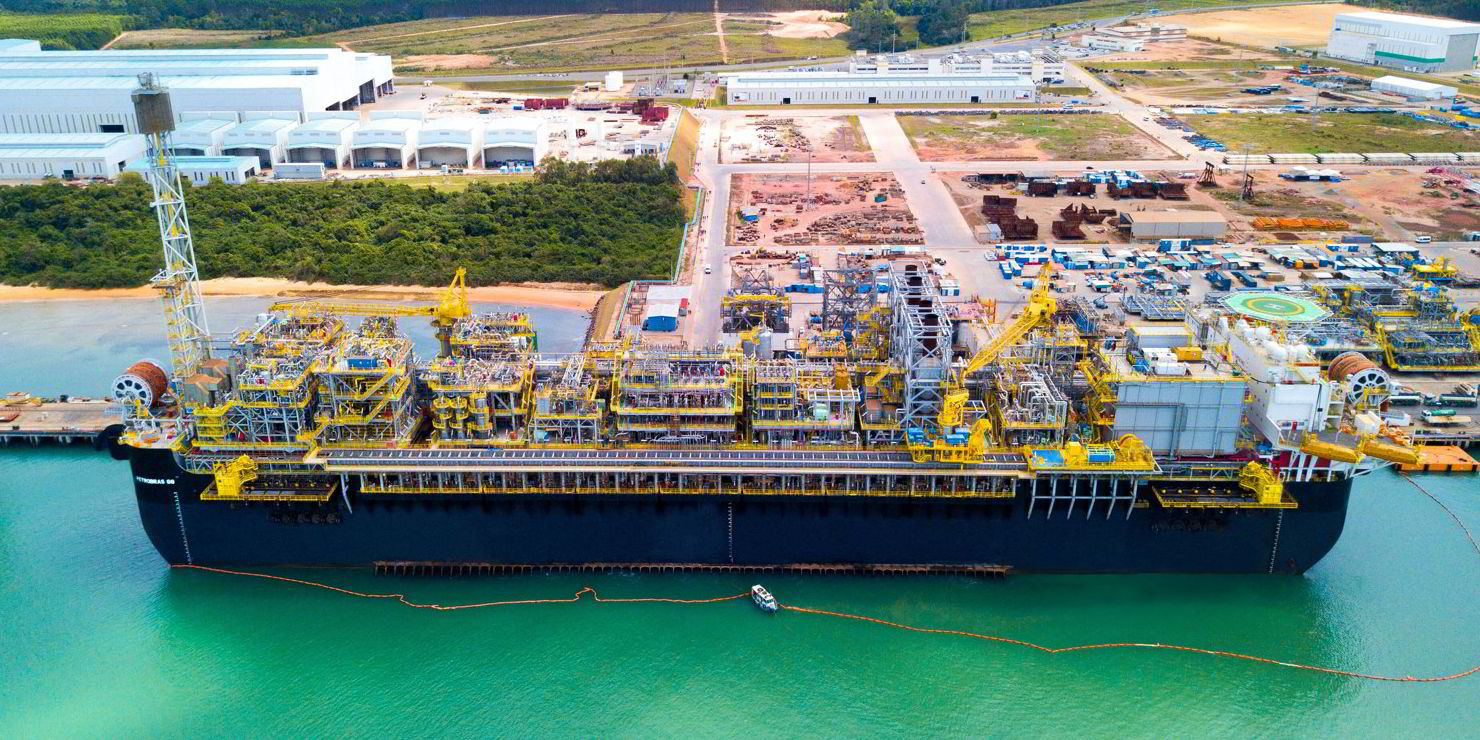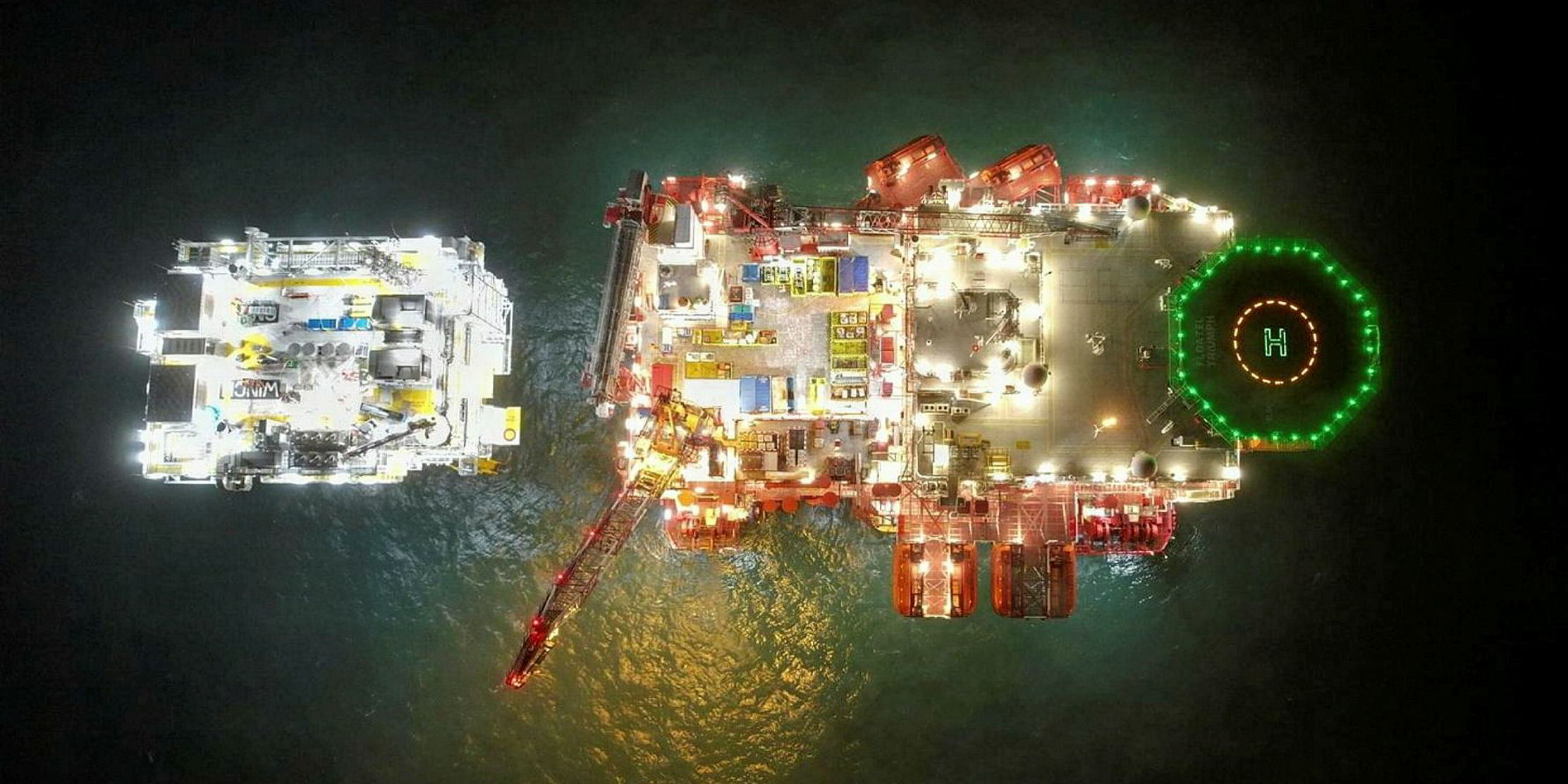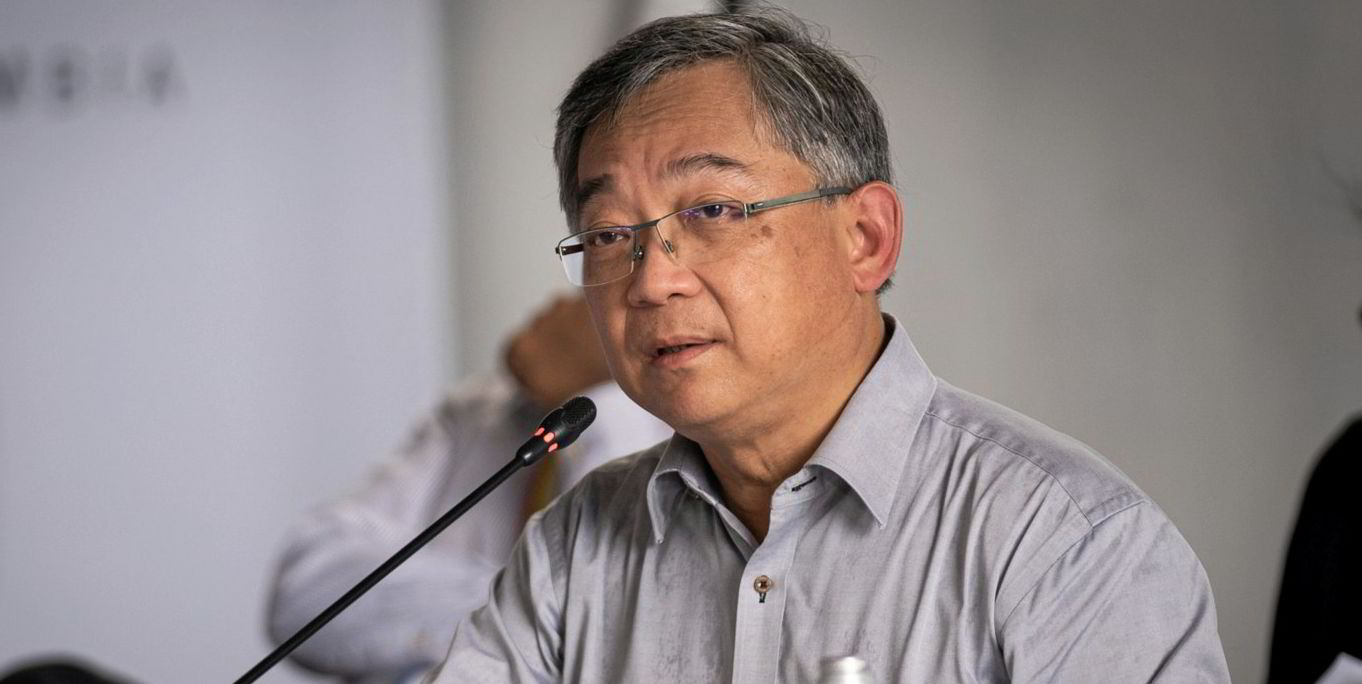Seatrium sees a market for its products potentially worth SGD 500bn ($370bn) over the next five years, according to a presentation at its inaugural investor day.
This market includes offshore production assets, offshore wind, repair and upgrade work, as well as potential work from the carbon capture and storage (CCS) market.
UOB Kay Hian analyst Adrian Loh said: “Based on its own estimates and external research, Seatrium estimates that the ‘energy trilemma’, or the need to ensure that access to energy is secure, that it is affordable and also sustainable, exposes the company to an SGD 500bn opportunity set.”
Seatrium said the next few years will be a “golden age” for the supply of floating production, storage and offloading units, with awards for 50 units expected by 2028.
It forecasts capital expenditure on floaters to reach SGD 150bn over the next five years to support offshore oil and gas production.
The Singapore shipyard group estimates a further SGD 100bn in investments will be made in other offshore production assets over the next five years, including floating LNG and floating storage and regasification units.
Seatrium expects offshore wind capacity to grow to around 800 GW by 2040, representing a further SGD 100 to SGD 150bn opportunity up to 2028.
“Despite recent industry challenges, demand for fixed offshore wind remains strong, with floating offshore wind to accelerate from the early 2030s supported by the energy transition,” it said.
Seatrium has also identified a large repair and upgrade market, worth potentially SGD 20bn to SGD30bn per year, which offers “resilience against the oil and gas cycles”.
It is aiming for this segment to grow by three to four times in the next five years. Tankers and cruise ships, with more than 75% and 79% of these respective fleets being over 10 years old, will be the key contributors.
It also sees a huge market — potentially up to 58,000 vessels by 2040 — for retrofits to improve fuel efficiency and reduce emissions worth in the region of SGD 90bn.
“It is evident that Seatrium will need to continue to spend on technology to maintain its position within the energy transition ecosystem, or even break into new business segments,” said Loh.
“For example, it will need to look at potential new technology and intellectual property … for its renewables segment, with Seatrium showcasing floating wind substations and foundations to capture value in the near to medium term.
“Within the company’s CCS and new energies segment, it is presently working with multiple consortium partners such as TotalEnergies, Shell and Maersk to develop the future hydrogen value chain.
“Within its oil and gas segment, the company currently has proprietary designs that it can leverage to strengthen its track record.”
Loh said one of Seatrium’s more notable achievements in 2023 was its ability to reshape its balance sheet in the second half, securing SGD 3.5bn in new loans, refinancing and trade financing.
“By replacing short-term working capital loans with more flexible and committed instruments, it was able to increase its undrawn facilities from SGD 400m to SGD 2bn, as well as lengthen its average loan maturity by two years to 2026 and beyond,” he said.
“By 2028, the company aims to have half of its total funding to be green and/or sustainability linked, as well as targeting net debt/Ebitda of [two to three times].”
UOB Kay Hian continues to like Seatrium. It believes the company will benefit from stronger offshore marine dynamics, plus demand for offshore vessels and structures related to the renewables industry.
“In addition, the normalisation of economic activity should result in a greater volume of shipping activities, thus positively impacting its repairs/upgrades segment,” Loh said.
“While 40% of Seatrium’s current orderbook is in the renewable energy space, with the remainder related to oil and gas projects, its addressable market is arguably much larger when taking into account carbon capture, usage and storage, floating LNG, and ammonia storage and transport, which feeds into the hydrogen energy chain.”







